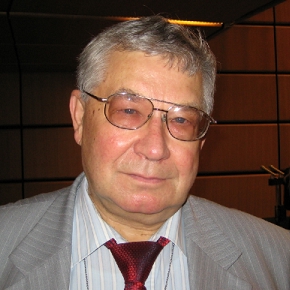 |
||
|
Russian Scientists to Develop Nuclear Waste Removal Technology for Fukushima RIA Novosti, PUBLISHED 05.09.2014 Russian nuclear scientists are developing the technology to clear Fukushima’s radioactive waste of tritium, Sergei Florya, project manager at radioactive waste management enterprise RosRAO told RIA Novosti. “We offer unique combined technology, unlike our western colleagues. Thanks to this, we are able to achieve better production economy. The Radium Institute will develop the technology and RosRAO will build and operate the installation. The location has not been chosen yet. We are currently working on an agreement with the project’s office in Japan and we’ll get to work as soon as we’ve discussed all the details,” he said, adding that the project is expected to be finished within a year and a half. Some 140,000 people were evacuated from settlements within 20 kilometers (12 miles) of the power plant, many of whom have been unable to return to their homes due to high levels of contamination in the area. Complete decommissioning of the power plant could take up to 40 years. Topics: NPP Fukushima Daiichi, Russia Other news: The Agreement was signed on September 3, 2014 in Algeria. Rosatom Says Has Enough Uranium for a Century Rosatom is in the second place by Uranium reserves in the world. Ex-TEPCO Executives to Face Criminal Charges Over Fukushima Disaster The decision of the 11-member public panel concerns Tsunehisa Katsumata, chairman of TEPCO at the time of the disaster, and two former vice presidents – Sakae Muto and Ichiro Takekuro. |
Hero of the day 
The ISTC Responsible Science Program and Subprogram Culture of Nuclear Nonproliferation The dual-use nature of nuclear technology consisting in the potential for its application equally in peaceful and military sphere is the basic contradiction for the existing nuclear nonproliferation regime and comprehensive development of the nuclear power and nuclear fuel cycle. INTERVIEW
Jerry Hopwood OPINION
Joint Plan of Action |

